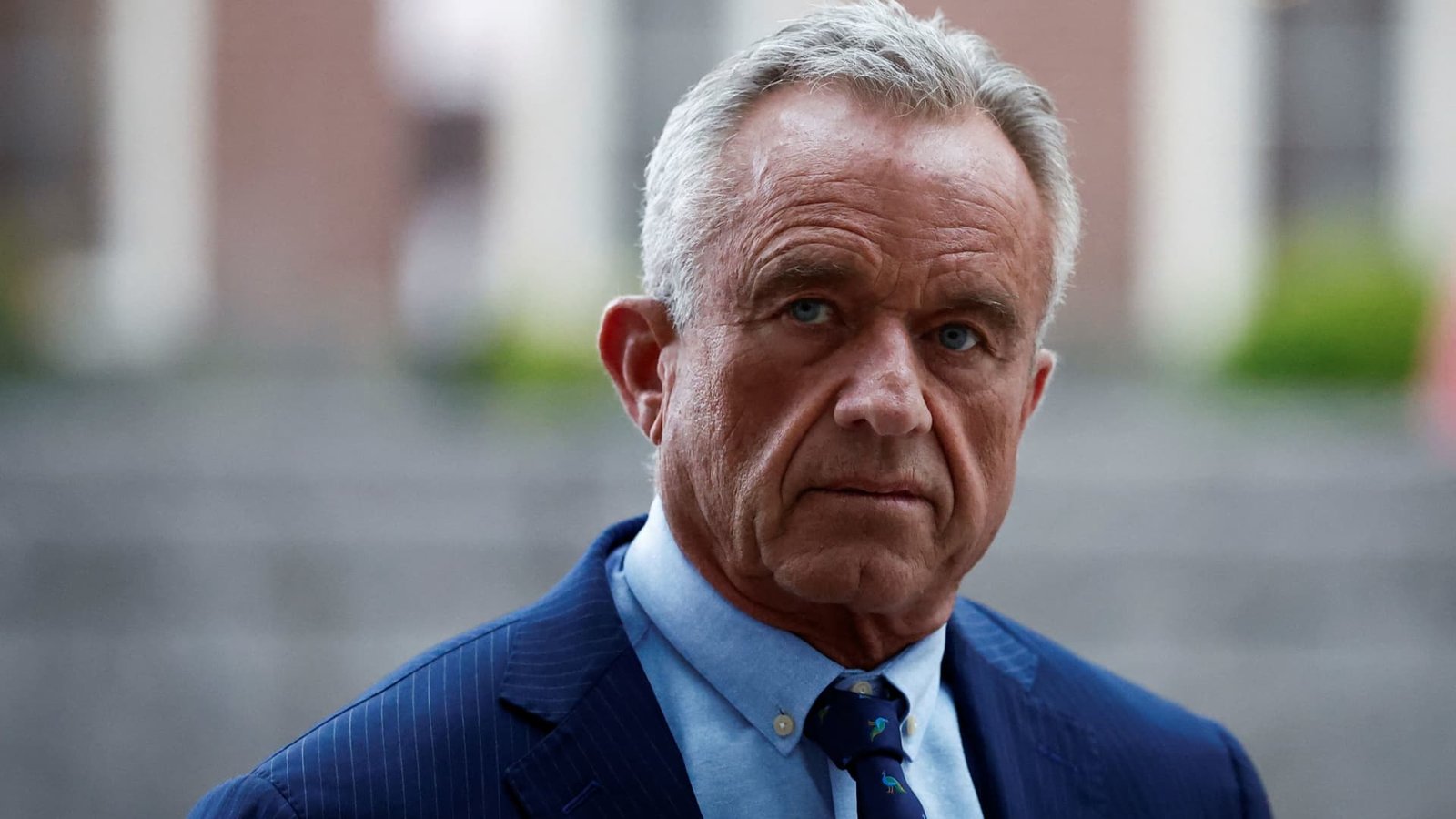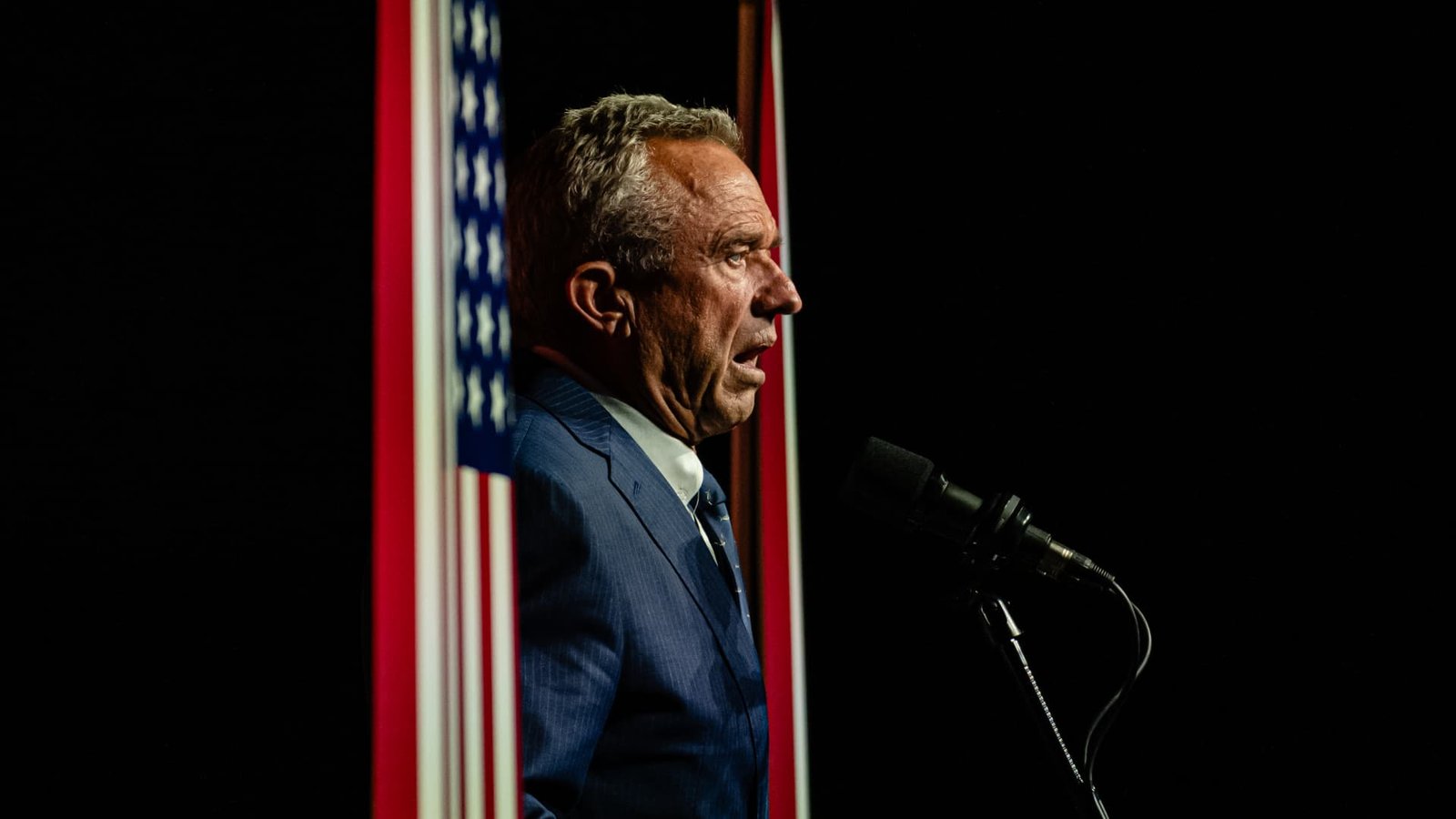Robert F. Kennedy Jr. is set to undergo two days of Senate confirmation hearings this week as he vies to become the secretary of Health and Human Services. A group of startups specializing in nutrition-based services covered by Medicaid will be closely monitoring the proceedings.
Kennedy, a controversial choice for President Donald Trump’s Cabinet, will appear before the Senate Finance Committee first. If appointed as HHS secretary, he would be responsible for managing a budget exceeding $2 trillion, which includes drug research, approvals, and oversight of health programs like Medicare and Medicaid.
His skepticism towards vaccines and involvement in anti-vaccine lawsuits are expected to be key areas of inquiry during the hearings, drawing criticism from both sides of the political spectrum. Kennedy has advocated for prioritizing nutritious food over drugs to combat chronic diseases in the U.S.
Amid Republican efforts to reduce funding for the federal-state Medicaid program, investors and startups in nutrition-based services hope that Kennedy’s commitment to “Make America Healthy Again” will bolster the food-as-medicine sector and shield these programs from budget cuts.
Several food-as-medicine companies have raised substantial funding in recent years, reflecting a growing interest in using food interventions to improve patient health and reduce costs. Kennedy’s emphasis on dietary approaches to treating chronic conditions has garnered support from these companies, positioning him as a potential ally in advancing their initiatives.
Kennedy’s proposed focus on diet over medication for chronic conditions aligns with the increasing demand for food and nutrition programs, with numerous states receiving waivers to implement such initiatives. This trend has spurred the growth of startups catering to government health plans, aiming to enhance patient outcomes while containing healthcare costs.
The Biden administration’s push to expand coverage of healthy foods and nutrition services as medical benefits is expected to further drive investor enthusiasm in this space. The potential impact of Kennedy’s appointment on policies related to medical nutrition and coverage of obesity drugs remains a subject of interest, with implications for the healthcare landscape and government spending.
As the U.S. grapples with rising healthcare costs, the role of food programs in preventing diseases and improving patient outcomes is gaining prominence. The intersection of healthcare, nutrition, and policy initiatives underscores the evolving landscape of healthcare delivery and the potential for innovative solutions to address public health challenges.




